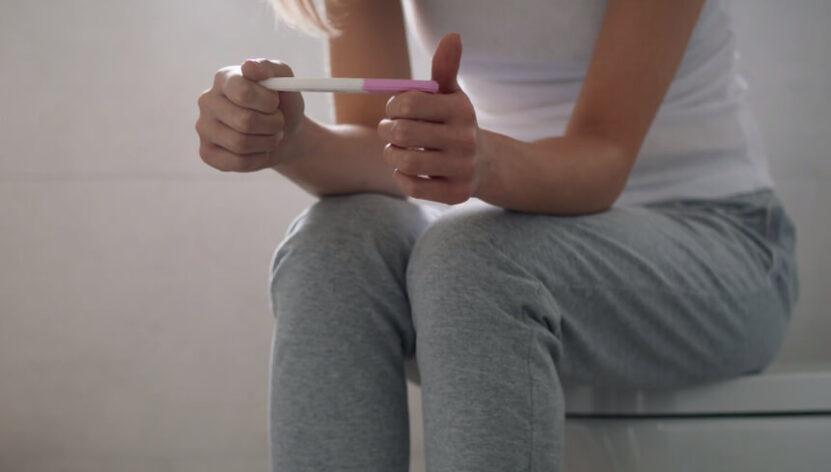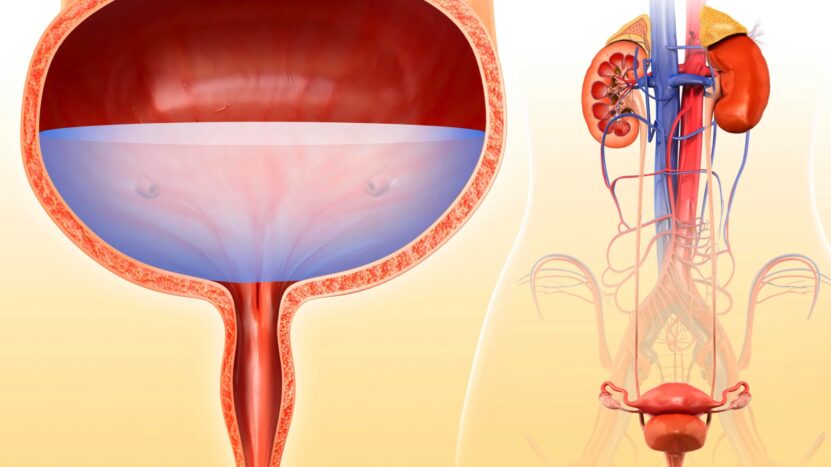As someone who has spent years in the field of reproductive health, I understand the mix of hope and uncertainty that comes with the IUI (Intrauterine Insemination) process. Whether you’re going through this journey for the first time or have been down this road before, recognizing the early signs of pregnancy can be both crucial and challenging.
In this guide, I want to talk about the symptoms that many experience post-IUI. My goal is to provide you with a clear and supportive resource, helping you to navigate this significant phase with greater confidence and understanding
1. Missed Period

The most tell-tale sign of pregnancy, whether natural or following IUI, is a missed period. Typically, if you’re on a regular menstrual cycle, a delayed period can be an early indication of pregnancy. It’s important to note that stress or hormonal imbalances can also cause a missed period, so it’s not an absolute confirmation of pregnancy.
However, if your period is consistently regular, a delay of even a few days can be significant. To be sure, consider taking a home pregnancy test or consult your healthcare provider for a more definitive answer.
2. Breast Changes

Post-IUI, you might notice your breasts feeling tender, swollen, or even slightly painful. These changes are due to hormonal shifts in your body preparing for a potential pregnancy. These sensations are often more pronounced than the discomfort you might experience before a menstrual period.
Some women also observe changes in the color and size of their areolas (the area around the nipples). It’s not uncommon for these breast changes to be among the first signs noticed by women after an IUI procedure.
3. Fatigue
Feeling unusually tired? Early pregnancy can significantly increase fatigue levels. This fatigue is caused by high levels of the hormone progesterone, which is vital for maintaining pregnancy. This kind of tiredness is often described as feeling drained or exhausted without a clear cause, such as strenuous activity or lack of sleep.
Interestingly, this overwhelming sense of fatigue can sometimes be one of the earliest indicators of pregnancy, even before a missed period, as detailed in our comprehensive guide on early pregnancy signs.
Additionally, the body’s increased need for nutrients and energy to support a growing embryo can contribute to feelings of fatigue. It’s essential to listen to your body and allow yourself extra rest if you’re experiencing this symptom after an IUI.
4. Nausea and Vomiting

Often glamorized as ‘morning sickness,’ nausea and vomiting can occur at any time of the day during early pregnancy. This symptom varies widely among individuals. In addition to hormonal changes, factors like stress and fatigue can exacerbate these symptoms.
It’s important to stay hydrated and, if necessary, consult with a healthcare provider for safe anti-nausea strategies. Some women find relief through specific dietary changes, such as eating small, frequent meals.
5. Heightened Sense of Smell
Many women report a heightened sense of smell as an early sign of pregnancy. This increased sensitivity can sometimes lead to nausea or aversion to certain foods and smells. It’s believed that this heightened sense is nature’s way of helping expectant mothers avoid foods that could be harmful during pregnancy.
However, it can be challenging, especially if strong or unpleasant odors are part of your daily environment. Finding ways to minimize exposure to strong smells can be helpful in managing this symptom.
6. Frequent Urination

If you find yourself making more frequent trips to the bathroom, this could be a sign of pregnancy. The growing uterus puts pressure on the bladder, leading to increased urination. This symptom is often more pronounced during the first and third trimesters.
Drinking enough water is important, but reducing caffeine intake can also help as caffeine is a diuretic. If frequent urination is accompanied by pain or discomfort, it’s important to consult with a healthcare provider to rule out infections.
7. Mood Swings

Pregnancy hormones can also affect your mood, leading to sudden emotional changes. Feeling unusually weepy or irritable? This might be a sign of early pregnancy. These mood swings are a result of the hormonal rollercoaster your body goes through and can be compounded by stress or fatigue.
It’s important for expectant mothers to seek support and communicate their feelings. Engaging in stress-reducing activities, like mild exercise or meditation, can also be beneficial in managing mood swings.
FAQs
Can IUI increase the likelihood of experiencing certain pregnancy symptoms?
No, IUI does not inherently increase the likelihood of specific pregnancy symptoms. The symptoms experienced are primarily due to hormonal changes associated with pregnancy itself, not the method of conception.
How soon after IUI can pregnancy symptoms begin?
Pregnancy symptoms can start as early as a few days after implantation, which usually happens about 6-12 days after the IUI procedure. However, this can vary significantly among individuals.
Is it normal to experience no symptoms after an IUI?
Yes, it’s completely normal for some women not to experience any early pregnancy symptoms. Every individual’s body reacts differently, and the absence of symptoms does not necessarily indicate an unsuccessful IUI.
Can the medications used in IUI cause symptoms similar to pregnancy?
Yes, fertility medications used during the IUI process can sometimes cause symptoms similar to those of early pregnancy, such as breast tenderness or bloating. This is due to the hormones in these medications.
Should I take a home pregnancy test after IUI, and when?
It’s advisable to wait at least two weeks after the IUI procedure before taking a home pregnancy test. Testing too early can lead to false negatives, as it takes time for pregnancy hormones to build up to detectable levels.
Are pregnancy symptoms after IUI a reliable indicator of a successful procedure?
While pregnancy symptoms can be an indicator, they are not a reliable method of confirming a successful IUI. The only way to confirm pregnancy is through a blood test or a home pregnancy test after the appropriate waiting period.
Summary
While each of these signs can be indicative of pregnancy, it’s important to remember that every individual’s experience is unique. Not all will experience these symptoms, and their presence or absence is not a definitive confirmation of pregnancy.
The only sure way to confirm is through a pregnancy test and consultation with your healthcare provider. I hope this guide has helped you and remember that you’re not alone in this journey, there are resources and communities available to support you every step of the way.

